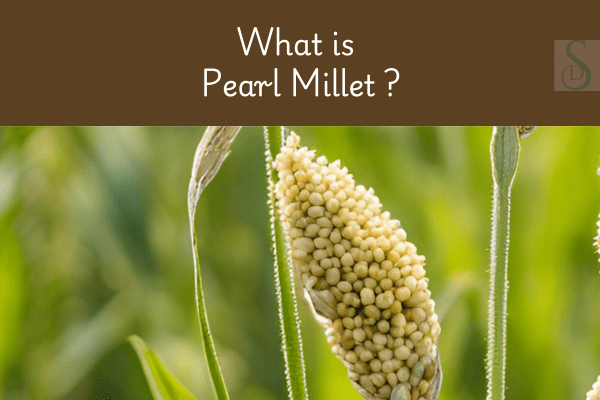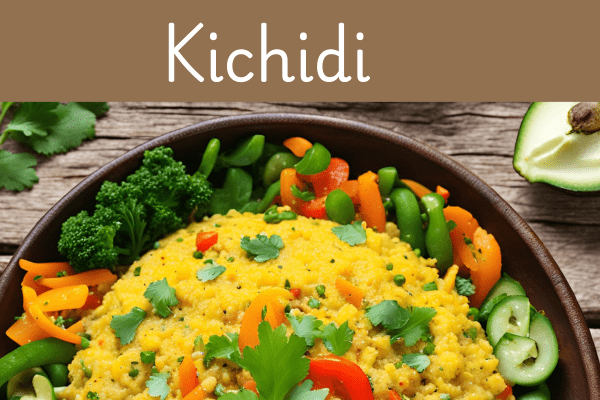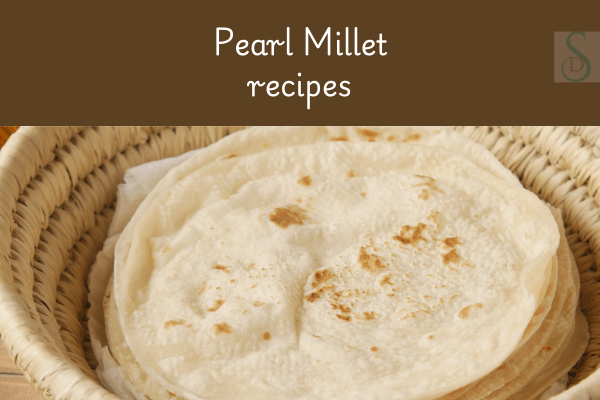Pearl Millet Benefits: This article will gives the complete information about Pearl millet in English.
Table of Contents
What is Pearl Millet?

Pearl millet is a very small, round grain. It is grown in dry regions. It has nutrients like fiber, iron, and protein. It controls blood sugar and improves heart and bone health. Using pearl flour, we can make roti’s and kichidi. It is also called bajra. Most importantly, it is gluten-free.
Pearl Millet Botanical name| pearl millet origin
Pearl millet’s botanical name, or scientific name, is Pennisetum glaucum. It is very old grain.
Pearl millet basically originated in Africa. Later it is spread to India and to other parts of Asia.
Pearl Millet nutritional value per 100g
| Nutrient | Amount (per 100g) |
|---|---|
| Energy | 378 kcal |
| Protein | 11 g |
| Carbohydrates | 72 g |
| Dietary Fiber | 8.5 g |
| Fat | 4.2 g |
| Calcium | 42 mg |
| Iron | 8 mg |
| Magnesium | 137 mg |
| Phosphorus | 296 mg |
| Potassium | 226 mg |
| Zinc | 3 mg |
Pearl millet names
| Language | Name |
|---|---|
| English | Pearl Millet |
| Hindi | Bajra |
| Telugu | Sajja |
| Tamil | Kambu |
| Kannada | Sajje |
| Malayalam | Kambam |
| Gujarati | Bajri |
| Marathi | Bajri |
| Bengali | Sajina |
| Punjabi | Bajra |
Pearl Millet Benefits and Side Effects
Health Benefits
- Good for Digestion: The pearl millet has high fiber. That keeps your stomach healthy and prevents constipation.
- Control Sugar: The fiber slows down sugar release. So good for diabetic patients.
- Strengthens Bones: The pearl millet is rich in calcium and magnesium. They make your bones strong.
- Boosts Energy: Pearl millet is packed with carbs and protein. So, it gives long-lasting energy.
- Improves Immunity: The iron and antioxidants will improve immunity in our body.
Side Effects
- Eating more may cause digestion problems.
- Thyroid patients should consume it in moderate quantity.
Pearl Millet recipes
1. Pearl Millet Khichdi

Ingredients:
- 1 cup pearl millet
- ½ cup yellow moong dal
- 1 medium onion (chopped)
- 1 medium tomato (chopped)
- 1 teaspoon cumin seeds
- ½ teaspoon turmeric powder
- 2 tablespoons ghee or oil
- 3 cups water
- Salt to taste
How to cook?
- First soak pearl millet and moong dal for 2 to 3 hours.
- Put 2 teaspoons of ghee in a pressure cooker.
- Add cumin seeds.
- Add chopped onions and fry until golden brown.
- Add one or two chopped tomatoes, turmeric powder, and salt. Fry until soft.
- Add the soaked pearl millet and moong dal. Stir well.
- add required water. Cook for 4 to 5 whistles on low flame.
- Then, serve with any curry.
2. Pearl Millet Roti

Ingredients:
- 2 cups pearl millet flour
- ½ cup warm water
- Salt to taste
How to Cook?
- Mix pearl millet flour, a pinch of salt, and warm water. Make a soft dough.
- Make rotis with small dough balls.
- Heat a flat pan and cook the roti on low flame until both sides are golden brown and puffed.
- Serve hot with curry or chutney.
Frequently Asked Questions
1. What is pearl millet?
Pearl millet is a type of millet. It is commonly used in cooking. Mostly it is used in Africa and Indian countries.
2. What are the top types of millets?
The top millets are Pearl Millet (Bajra), Finger Millet (Ragi), Foxtail Millet, Barnyard Millet, and Little Millet.
2. Is Pearl millet healthy?
Yes. Pearl millet is very healthy millet. It has good fiber, protein, and iron content. They improve digestion health, boost energy, and strengthen our body.
3. Can pearl millet help in weight loss?
Yes. The fiber in pearl millet controls hunger. So, it is very good for weight loss.
4. How do you cook pearl millet?
First we have to soak pearl millet. Then boiling it until soft. Another way is we can use pearl millet flour to make rotis.
5. Is Pearl millet good for diabetes?
Yes. Pearl millet controls sugar release in our body. Because of fiber content. Hence, it is very good for diabetic patients.
To read about the pearl millet in Telugu read the article “Pearl millet in Telugu“.
